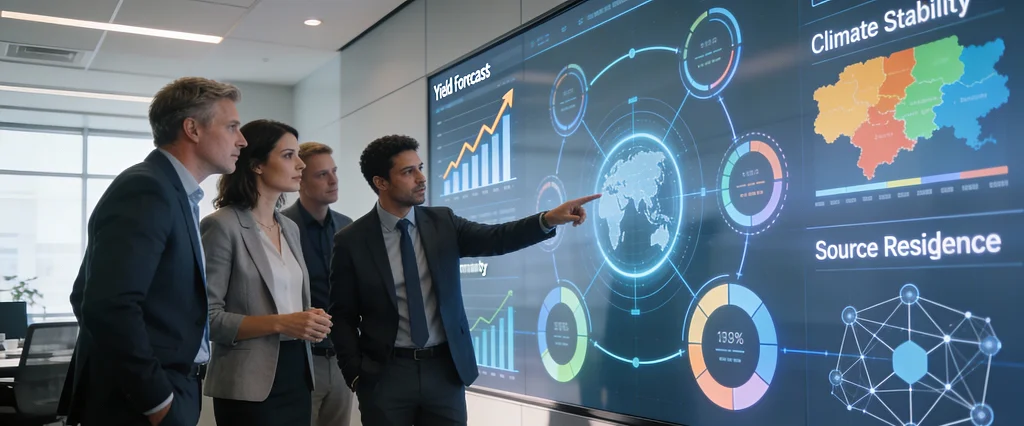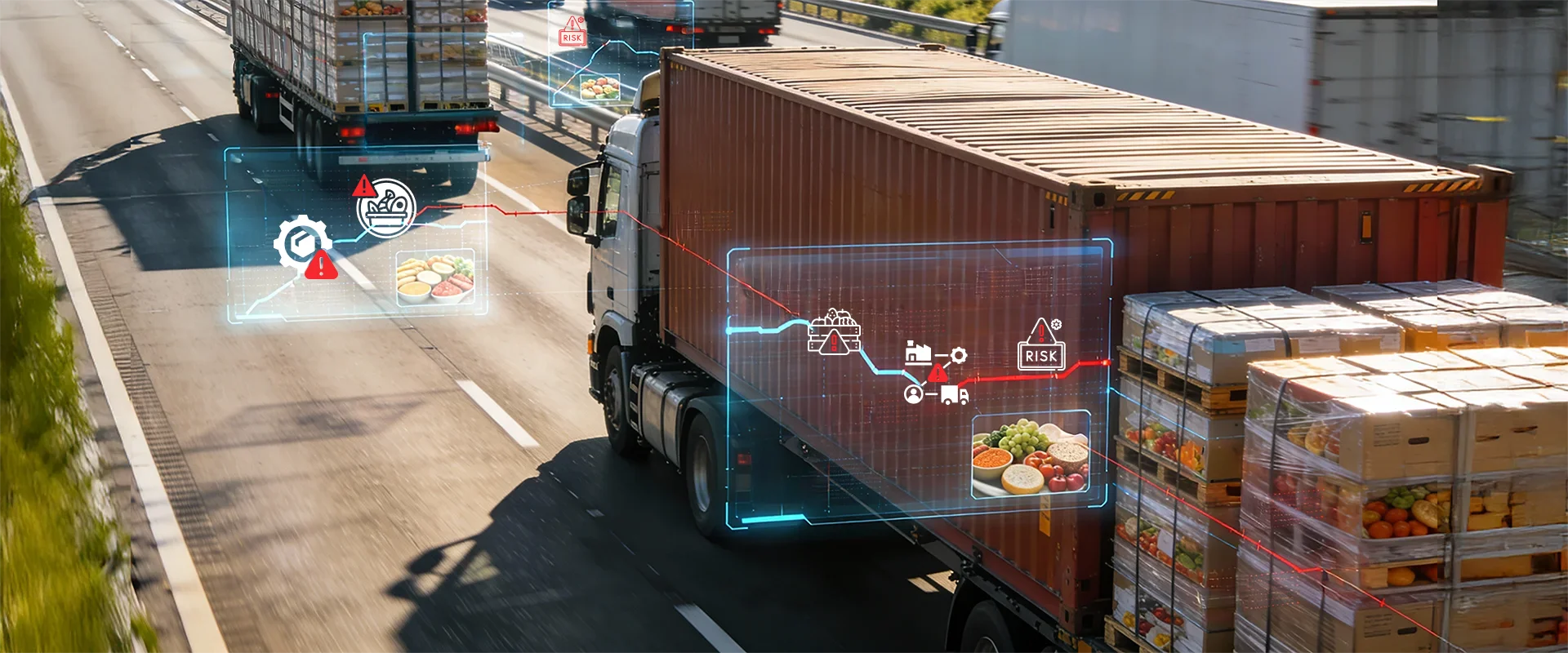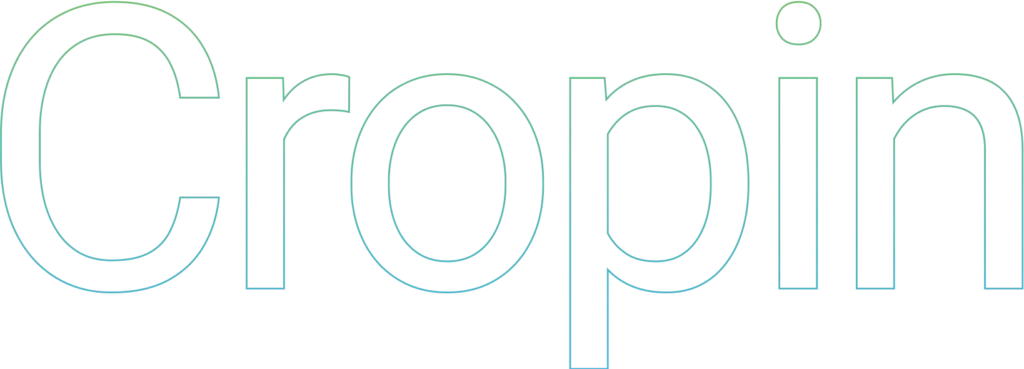Insights that cultivate tomorrow’s agriculture
Discover expert knowledge, real-world applications, and the future of farming through AI, data, and digital innovation.
Featured blogs
All blogs
No posts found
Transform your farm operations with Cropin Cloud
Experience the future of agriculture with Cropin Intelligence. Sign-up for early access, and we will connect with you shortly on the next steps.
















